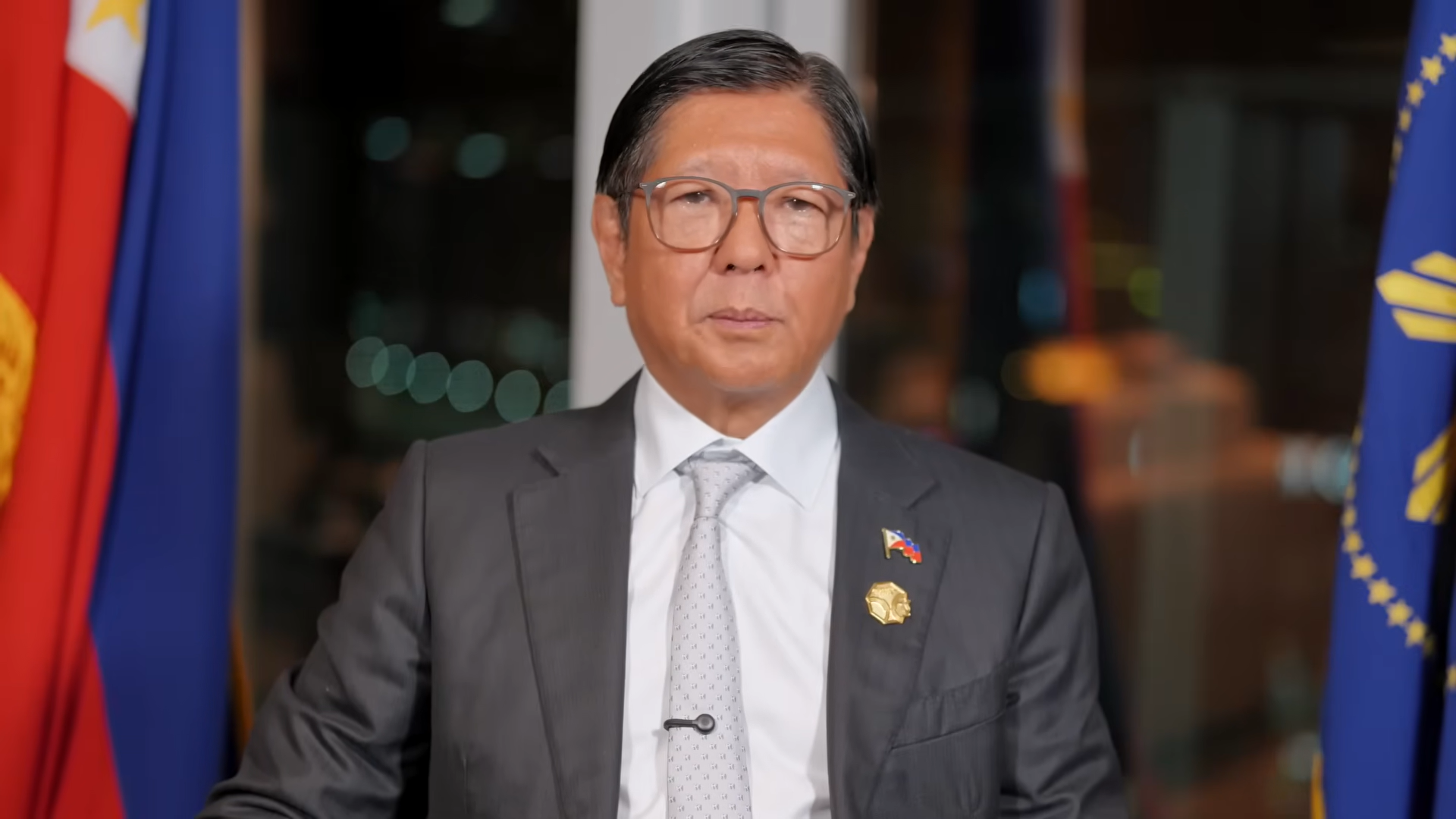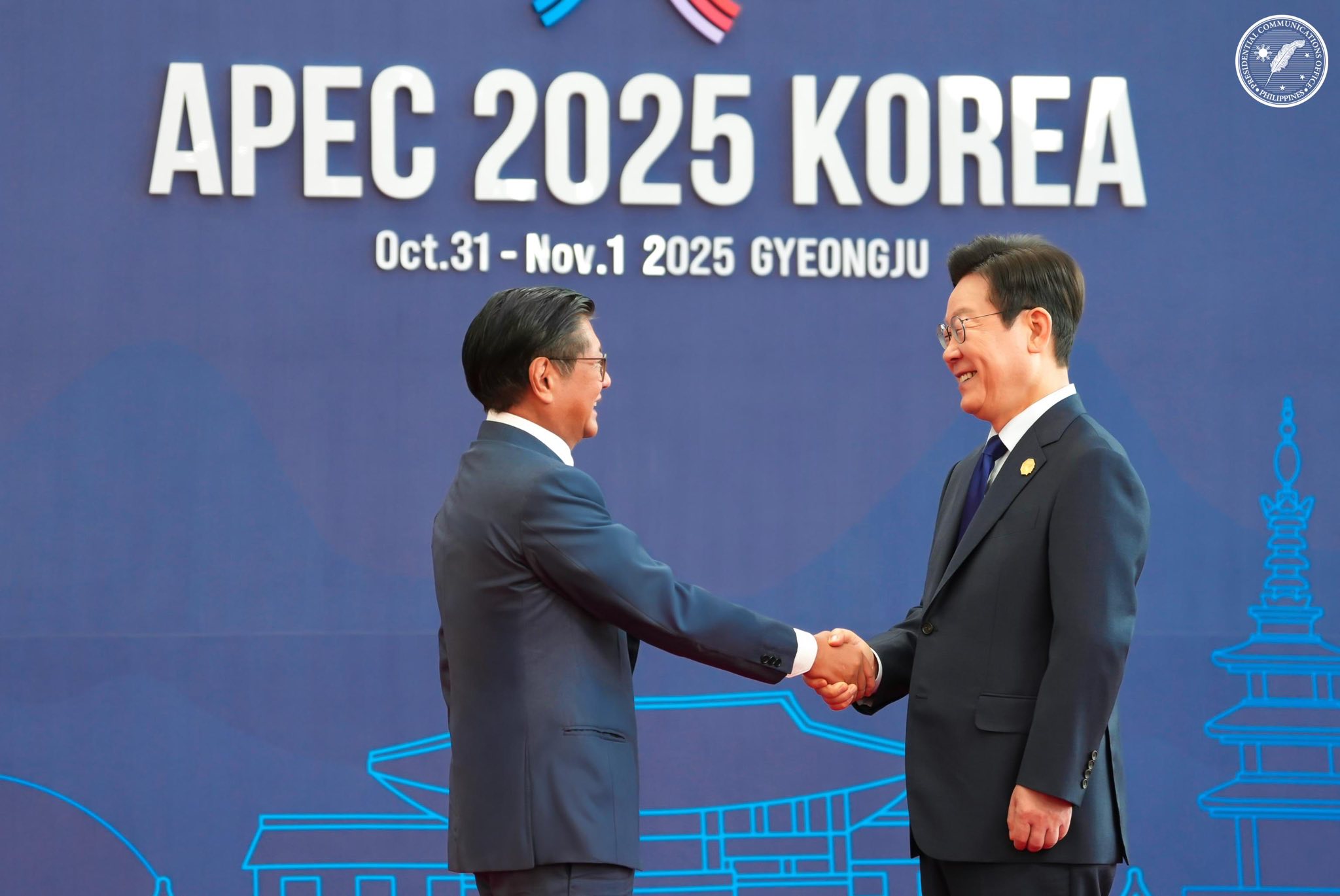
By Dean Aubrey Caratiquet
Cognizant of the emerging global challenges, President Ferdinand R. Marcos Jr. touted the importance of his participation in the recently concluded 2025 Asia Pacific Economic Convention (APEC) Economic Leaders’ Meeting held in Gyeongju, Republic of Korea (ROK), as an important forum for the Philippines to champion its interests and confront worrying developments in the Asia-Pacific region.
In his arrival statement posted online on Sunday, Marcos touted his attendance at the meeting as ‘fruitful,’ with the President underscoring the spirit of oneness and camaraderie of other world leaders present at the event that echoes the government’s aspirations for the Philippines.
President Marcos said in his remarks, “Throughout the meetings, we focused on the themes of connectivity, innovation, and prosperity, which underpin APEC’s mission to foster growth that is inclusive, resilient, and sustainable.”
He added further, “More importantly, we debated, we listened, and we laid down meaningful and action-oriented pathways for regional economic cooperation. The key global concerns discussed revolve around the rapid deployment of AI, far-reaching demographic changes, and the flourishing of cultural and creative industries.”
Some of the Philippine priorities geared towards resiliency, inclusivity, and readiness for the future that were brought forward in the Meeting were as follows:
- Our emphasis on the importance of narrowing the digital divide for MSMEs by equitable access to digital services and financial inclusion
- Advancing seamless movement of goods and people through infrastructure development
- Promoting supply chain resiliency amid shocks and crises
- Promoting digital literacy and upskilling for MSMEs, women, and other sectors whose full economic potential can be realized through digitalization

Stronger PH-ROK ties
The Chief Executive, meanwhile, hailed the productive discussions he had with ROK President Lee Jae Myung at a bilateral meeting held on the sidelines of the APEC conference, which revolved around exploring partnerships in high-value sectors, such as advanced manufacturing in electronics and semiconductors, clean energy, and defense-related industries.
Marcos said, “I also witnessed the signing of a supplemental agreement between the Department of Trade and Industry’s (DTI) Philippine Economic Zone Authority (PEZA) and Samsung Electromechanics Philippines valued at over P50 billion, which is expected to generate more than 3,000 new high-technology jobs for Filipino engineers and technicians.”
He lauded ROK’s commitment to invest in the Philippine labor market and education sector, “Beyond that, they commit to the training of the people and the establishment of R&D centers with some of our universities. This commitment is vital, as Korean FDI inflows reach $55 million in the first half of 2025, reflecting strong investor confidence that this administration is seeking to translate into concrete, long-term commitments.”
The Chief Executive concluded his statement by emphasizing the importance of high-level talks that he held with business executives from top Korean conglomerates as a reflection of the Southeast Asian nation’s commitment to the Philippines-Korea Free Trade Agreement, which came into effect last year—a binding agreement that seeks to mutually benefit both economies.
av
